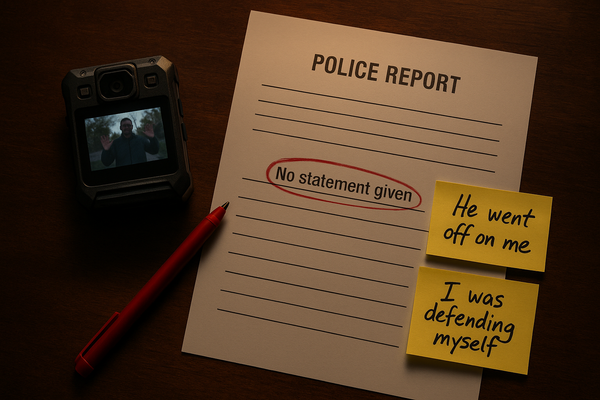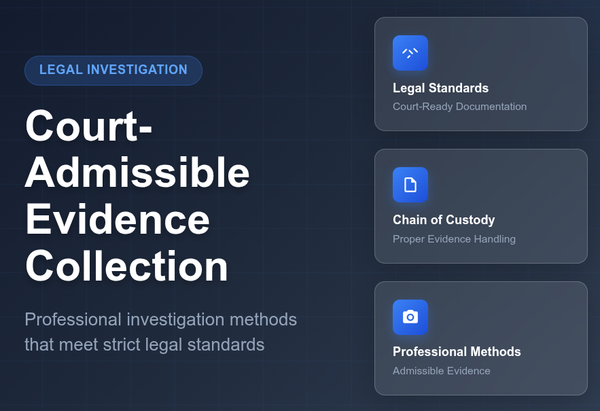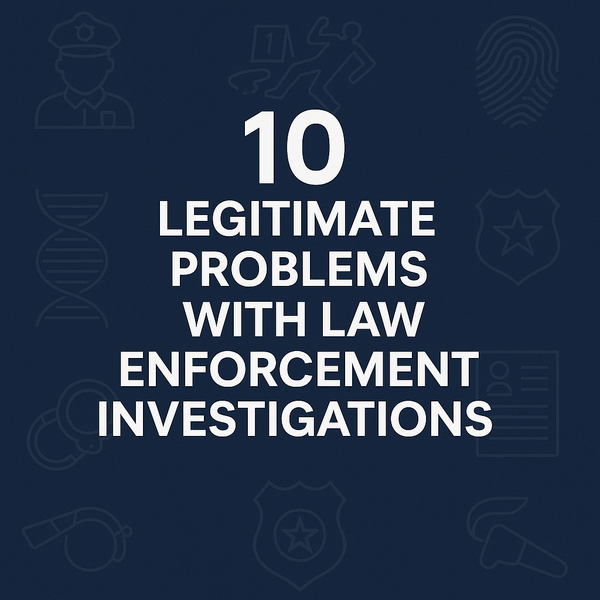The Nine Pillars the Court Weighs in a North Carolina Child-Custody Battle
Child-custody fights feel overwhelming because so much rides on a judge’s decision. Yet the process becomes clearer when you understand the touchstones the court must examine.

Child-custody fights feel overwhelming because so much rides on a judge’s decision. Yet the process becomes clearer when you understand the touchstones the court must examine. Veteran Salisbury attorney James A. Davis distills these touchstones into nine practical categories:
“At a minimum, consider nine categories: primary caretaker duties (e.g., homework, doctor, baths, transportation, activities, etc.); fitness of homes; work schedules; support networks; criminal records; substance abuse; mental health; wishes of child(ren); and other important facts (e.g., health issues, vicious dogs, smoking, third parties, etc.).”
Below, we unpack each pillar so you can gather evidence proactively, craft compelling arguments, and—most importantly—protect the children involved.
1. Primary-Caretaker Duties
Judges look for consistency: who signs school planners, schedules doctor visits, runs bath time, and drives to extracurriculars. Track these tasks in a daily log and collect corroborating documents (texts from teachers, pediatrician portals, activity rosters). Show a reliable routine rather than simply say you “handle everything.”
2. Fitness of Each Home
Photos, video walk-throughs, and witness testimony illustrate safety, cleanliness, and available space. Emphasize how each bedroom, study nook, or play area promotes normal growth and development.
3. Work Schedules
Courts favor parents who align work hours with the child’s school day and bedtime. Present shift calendars, time-clock reports, or flexible-work agreements. If irregular shifts exist, outline concrete childcare plans that keep the child’s rhythm intact.
4. Support Networks
Grandparents who can babysit, neighbors who can carpool, and extended family who attend school events all count. Map this network and collect affidavits or letters showing their willingness and ability to help.
5. Criminal Records
A clean record bolsters credibility; relevant convictions (especially violence or neglect) raise red flags. Obtain certified court documents early so you can address or mitigate any negative history rather than react on the stand.
6. Substance Abuse
Proof of sobriety—negative test results, completion certificates, ongoing counseling—carries weight. Conversely, recent arrests or failed screenings can tilt the entire case. Approach this issue candidly; judges reward honesty backed by rehabilitation.
7. Mental-Health Stability
Therapy notes, medication compliance records, and therapist testimony demonstrate management of conditions like depression or anxiety. Frame mental-health treatment as strength: responsible parents seek help and follow professional advice.
8. Wishes of the Children
North Carolina gives mature children a voice, not veto power. Show the court how you respect the child’s voice without pressuring them. Avoid scripted statements; instead, cultivate an environment where the child feels safe to speak with the judge or guardian ad litem.
9. Other Important Facts
Health issues, aggressive pets, smoking, frequent overnight guests—any factor that touches safety or stability belongs here. Create a separate section in your evidence binder for these miscellaneous yet potent details.
Practical Takeaways for Parents, Paralegals, and Attorneys
- Document daily life today; don’t scramble tomorrow. Real-time notes carry greater authenticity.
- Build your narrative around the child’s best interests, not parental grievances. Judges spot self-interest quickly.
- Present solutions, not merely problems. If a home needs a safety upgrade, detail the timeline and budget. If work schedules conflict, propose reliable childcare.
By organizing your case around these nine pillars, you walk into court with a clear, evidence-based story that centers the child’s welfare. As attorney Davis reminds us, preparation wins cases—and in child custody, preparation protects futures.




